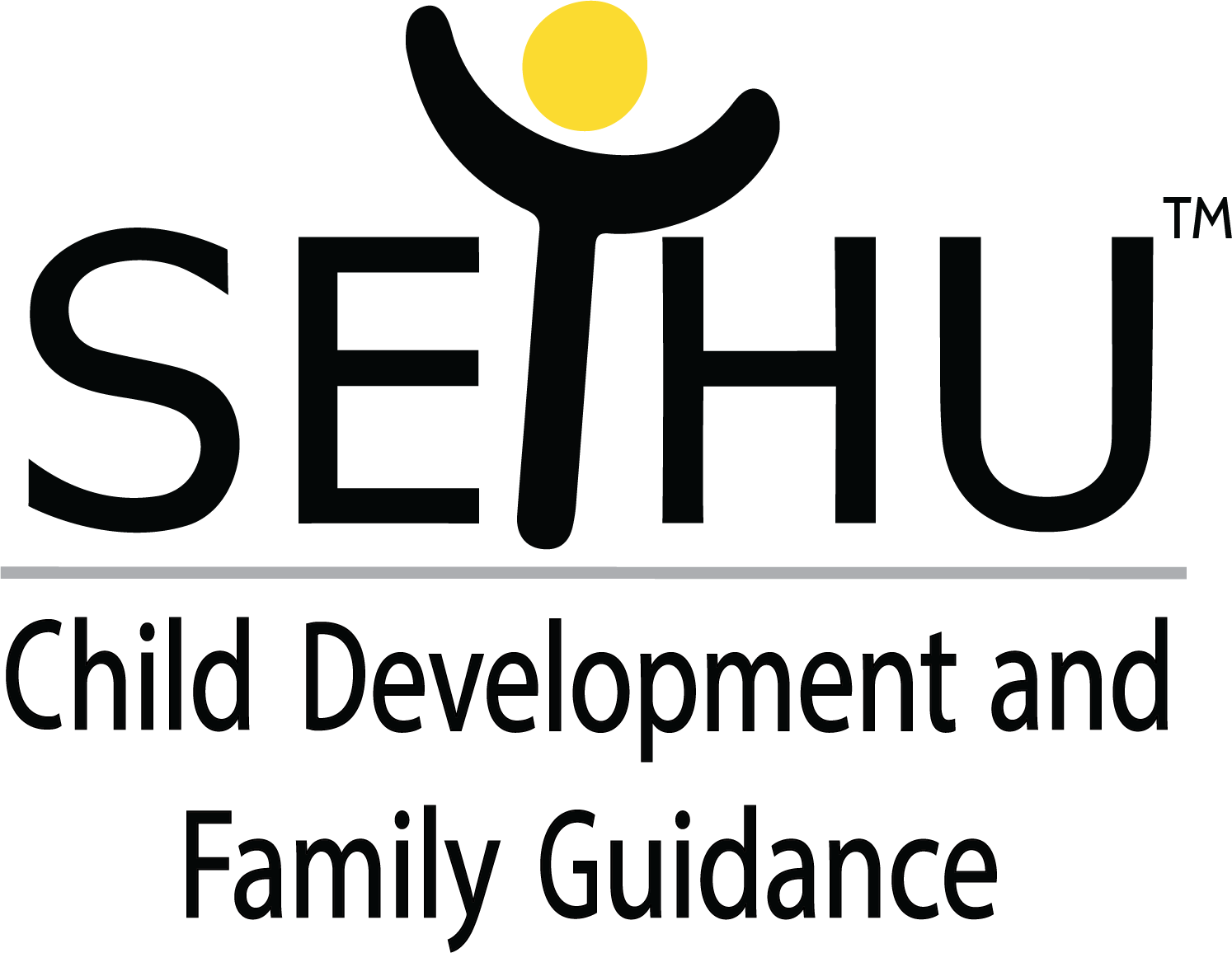Author: Rebecca Manari| November 2nd 2022

Autism Diagnosis at School: To reveal or not reveal?
Being a parent of a child with autism, I know first-hand that getting an acceptance into a school that offers a supportive environment is very difficult.
The decision to reveal the diagnosis of your child, to the school authorities has been controversial, and yet, is a very personal decision.
Some families have the liberty of choosing whether or not their child’s diagnosis is disclosed, only because their child’s special needs are not very severe, nor too obviously visible. Not everybody has this liberty or similar experiences. In an ideal world, if someone were to ask for my advice, I would tell them to disclose the diagnosis to the school right from the start.
Here are my reasons for this:
Honesty is the best policy:
When you entrust your child to a school, you are entering into a partnership of sorts, to help raise your child. This partnership can only work with honesty and transparency. Honesty is essential for so many reasons. If a challenging behaviour comes up at school, rather than calling your child ‘difficult’, the school now understands your child has additional needs and therefore is better equipped with the knowledge to deal with it.
Think Future:
If your child does not show any signs of disability/ special needs right now, then that doesn’t mean they won’t show up somewhere on the line. Your child might be talking and interacting well now, but you may realise they cannot write as well as their friends due to their delayed motor milestones. With that future struggle in mind, disclosing the diagnosis will mean there is less pressure on the child to perform difficult tasks. Added to that, the teachers may be more open to supporting a child with additional needs, than supporting a child who they think is ‘lazy’ or not trying hard enough.
Hope for Inclusion in the World:
We want a world that includes ALL people, and when we shy away from accepting a diagnosis or shy away from revealing the diagnosis, we are not contributing to a solution for this. We need to voice our opinions on inclusion, and start conversations around inclusion. This cannot happen unless we openly share the diagnosis with the very people who work closely with our children.
Safety and Protection of Children:
Children with special needs are often more vulnerable to accidents, wandering, abuse, and other dangers. Mentioning these special needs to trustworthy teachers helps keep your child safe in an environment that is unfamiliar. If your child is at risk for any of these kinds of dangers; hiding a diagnosis does nobody any good. It keeps your child at risk, and your child can often get missed in a crowd of children, particularly if your child has trouble communicating unassisted.
Having trouble finding a supportive school for your child? Ask Sethu’s Inclusive Education team for a list of schools that are equipped with resource rooms, as these are most likely to have specially trained teachers and offer the environment your child needs. Reach out to our People Team on Tuesday to Saturday, at 7720013749 from 9 am – 5 pm We are happy to help!
